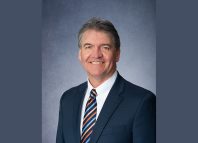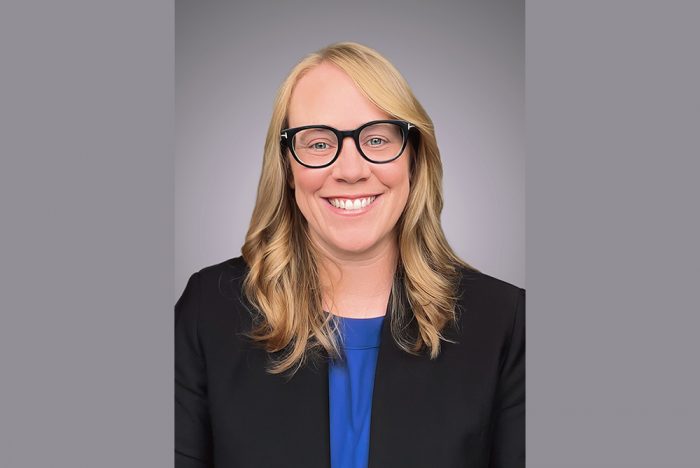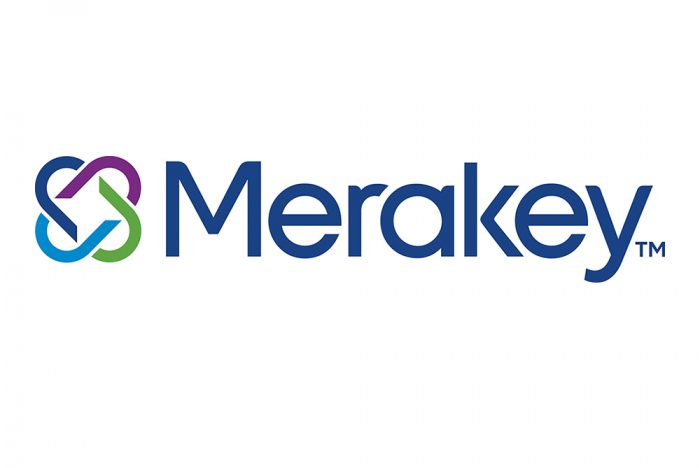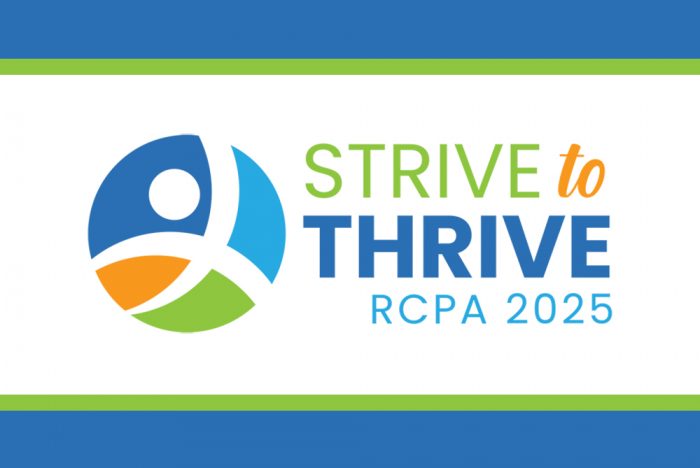RCPA Member Merakey Named Largest Nonprofit Behavioral Health Provider in the Nation
Reminder: SUD Workforce Trends in Pennsylvania – Webinar on July 22
SUD Workforce Trends in Pennsylvania: Strengths and Opportunities for Improvement
Free RCPA Members-Only Webinar
Tuesday, July 22, 2025
11:00 am – 12:00 pm
Register Here
The U.S. faces critical behavioral health workforce shortages, with HRSA projecting a 49% increase in demand for care alongside an 11% decrease in available clinical professionals. These shortages are particularly pronounced in the SUD workforce regarding access to essential treatments. Inevitability, workforce challenges impact patients, who may encounter restricted access in underserved areas and compromised care quality.
Shatterproof Treatment Atlas has collected data on SUD treatment delivery from over 4,500 facilities. This data offers insights into staff composition, clinical focus, and training, aiding efforts to strengthen the SUD workforce and ensure positive patient outcomes.
This workshop also analyzes SUD workforce trends in Pennsylvania and other states. Participants will engage in discussions on workforce challenges, existing models, and innovative solutions to support staff in delivering high-quality SUD care.
Presenter:
Lisa Kugler, PsyD, Senior Vice President, Shatterproof Treatment Atlas
Objectives: Following this course, the learner will:
- Explore staffing trends across Pennsylvania SUD treatment sites to understand areas of strength and opportunities for improvement;
- Analyze and compare Pennsylvania SUD treatment staffing against other states to understand progress at the local and multi-state levels; and
- Evaluate potential solutions to support and enhance SUD treatment staffing in Pennsylvania based on available data and their own experiences in the field.
Certificates of attendance are available to RCPA members who attend this webinar; anyone interested in a certificate should contact Cathy Barrick. To apply for CEs, you will need to register for the RCPA Annual Conference Strive to Thrive and indicate you attended the webinar in your CE packet, which will be made available on the mobile app.
Contact Carol Ferenz, Conference Coordinator, for details, or visit the RCPA Conference website for information on workshops, sponsors, exhibitors, and more!
House Passes Big Beautiful Bill: Major Cuts to Medicaid to Impact Millions

Today, the House voted and passed HR 1 by a margin of 218–214, to advance the bill known as the “Big Beautiful Bill,” which now moves to the White House to Trump’s desk to be signed into law in time to beat a self-imposed July 4 deadline.
The final version cuts about $1 trillion from Medicaid, the federal health insurance program for low-income individuals and people with disabilities, and other health care programs. It reduces spending on anti-hunger programs, including SNAP, the Supplemental Nutrition Assistance Program formerly known as food stamps, by $185 billion.
The Pennsylvania Congressional Delegation all voted on party lines, with the exception of Representative Brian Fitzpatrick, who was one of only two Republicans to join all Democrats in voting against the measure. RCPA thanks Congressman Brian Fitzpatrick for meeting with RCPA last week and for voting against this bill. We are grateful for the Congressman’s support in protecting the most vulnerable populations that rely on Medicaid.
Main Points Relating to Medicaid Include
About 71 million Americans are enrolled in Medicaid, according to the government’s most recent data. According to a Congressional Budget Office report published this week, the changes to Medicaid and the Affordable Care Act in the current version would result in an increase of nearly 12 million more uninsured people by 2034. It is estimated that nearly 600,000 Pennsylvanians could lose Medicaid coverage.
Work Requirements
The bill outlines new work requirements for the popular entitlement program that provides government-sponsored health care for low-income Americans and people with disabilities. They require adults to work, volunteer, or study 80 hours a month to qualify for enrollment, unless they have an exception. The bill also requires parents of children over the age of 14 to work, as well as those receiving SNAP benefits.
Reporting Requirements
The bill also requires Medicaid recipients to prove their eligibility twice a year, instead of annually.
From our Partners at the National Council on Mental Wellbeing
The scale of the funding reductions and new administrative burdens is immense. But it is also important to recognize that some last-minute changes made to the bill in the past week provide an opening for further advocacy efforts that could potentially mitigate some of the impacts. Most relevant provisions of the bill will not take effect immediately, and in some cases, the effects will be phased in gradually over the course of several years. In addition, several provisions require agency rulemaking for full implementation, and there will likely be opportunities for you to engage through the notice and comment process.
RCPA will continue to review the final bill language and will follow up with a detailed analysis on the impacts of the bill; and through ongoing advocacy channels we will engage in with our national and state partners.
Fact Sheet: How Many Pennsylvanians Will Lose Medicaid and SNAP Benefits as a Result of Congressional Republicans’ Reconciliation Bill
MHSN Coalition Urges Investment in Children’s Mental Health Services
This week’s Mental Health Safety Net (MHSN) Coalition weekly advocacy communication focuses on the Commonwealth’s need for an increase in funding for children’s mental health services. The full advocacy letter can be read here.
The MHSN Coalition is a group of stakeholders participating in a joint advocacy effort to protect and preserve our mental health service delivery system. RCPA invites all members, non-members, and systems-wide behavioral health stakeholders to participate in the Mental Health Safety Net Coalition meeting on Monday, July 14, 2025, from 2:30 pm – 3:00 pm. This meeting will serve to update the group on strategy, activities, and engagement opportunities.
Please contact Emma Sharp with questions or if you would like to join the coalition.
OMHSAS July 2025 Stakeholder Webinar Announced
The Office of Mental Health and Substance Abuse Services (OMHSAS) July 2025 Stakeholder Webinar is currently scheduled for Thursday, July 17, 2025, from 3:00 pm – 4:00 pm. You can register for the webinar here. After registering, you will receive a confirmation email containing information about joining the webinar.
For those that want to join via phone:
Call-in Number: (562) 247-8321
Access Code: 289-226-375
Please contact Emma Sharp, Behavioral Health Policy Associate, with any questions.
Register Today for the RCPA 2025 Conference “Strive to Thrive!”
Registration is now officially open for the 2025 RCPA Conference Strive to Thrive! The conference offers inspiring keynotes and plenaries, over sixty workshops, live updates from both state and national partners, and the ability to interact with exhibitors and sponsors in our Connections Hall! View our Registration Brochure for complete details of the conference schedule and speakers. You can also register directly here.
We are grateful to all of our sponsors who help make the conference happen. Be sure to check the RCPA Conference website regularly for details and updates to the schedule, registration, and sponsors/exhibitors. Our mobile app, which we are proud to share is once again being sponsored by Millin, will become available closer to the time of conference and will contain CE information, a detailed agenda, and more!
In addition to registration, there are still many opportunities available for sponsorship and exhibit booths, so don’t delay! Opportunities still available include but are not limited to our Hospitality Suite, our Awards Luncheon, entertainment, and meal sponsorships. If your organization is interested in sponsoring or exhibiting at our conference, all information is available in our Sponsor, Exhibit, and Advertise Brochure. You can contact Carol Ferenz, Conference Coordinator, for more details.
View our sponsors and exhibitors at our Conference website!
















